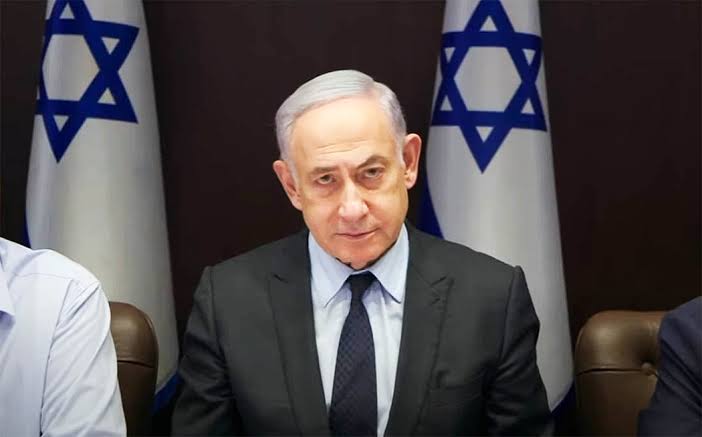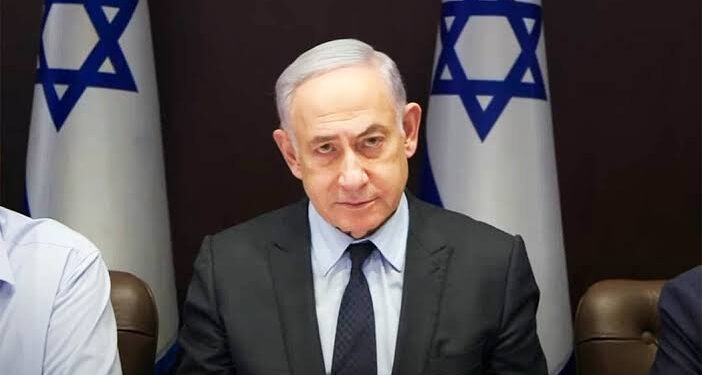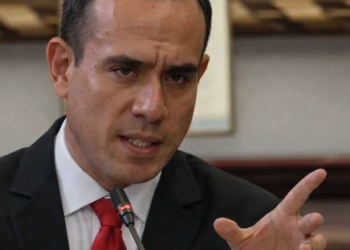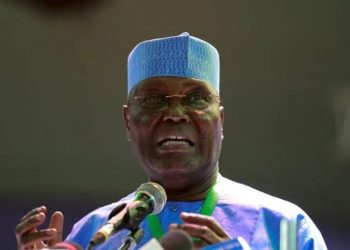The recent confrontation between Israeli Prime Minister Benjamin Netanyahu and Defence Minister Yoav Gallant points gravely to the deep divisions within Israel’s leadership over the ongoing Gaza war. This conflict is the latest in a series of disputes that have tested the unity of Netanyahu’s cabinet over the past 18 months.
A Test of Trust and Cabinet Unity
During a press conference on Monday, Netanyahu emphasized that all ministers must adhere to cabinet decisions, stating that the current situation is a test of trust. He laid emphasis on the importance of unity, even as differences between him and Gallant have become increasingly apparent. Netanyahu believes that he and Gallant could continue to work together “as long as there is trust.”
Diverging Views on Gaza Strategy
The core of the disagreement revolves around the approach to the Gaza conflict. Gallant, a former general with 35 years of military experience, has been critical of Netanyahu’s pursuit of “total victory” in Gaza. He and others within the security establishment have suggested that a withdrawal of Israeli troops from the southern Gaza border could be a necessary step toward achieving a ceasefire with Hamas. However, Netanyahu has dismissed these calls, maintaining a hardline stance against any form of retreat.
Historical Context of the Netanyahu-Gallant Rift
This is not the first time Netanyahu and Gallant have clashed. Last year, Gallant publicly opposed Netanyahu’s plan to curb the powers of the Supreme Court, arguing that it threatened national security by deepening social divisions.
Although Netanyahu initially fired Gallant for his dissent, he was forced to reverse the decision following massive public protests. Gallant’s refusal to leave his post, even after being sacked, give credence to his commitment to his role as Defence Minister during what he views as “Israel’s most critical war since the 1948 Arab-Israeli War.”

The Coalition’s Influence on the Standoff
The ongoing standoff is also influenced by the structure of Netanyahu’s right-wing coalition government, which relies heavily on the support of two nationalist religious parties led by hardline ministers Bezalel Smotrich and Itamar Ben-Gvir.
These parties, which are essential to the government’s survival, have been vocal in their opposition to Gallant and other members of the defense establishment, whom they consider too lenient on the Palestinians, particularly Hamas. This political reality has kept Netanyahu and Gallant locked together, despite their significant differences.
The Bottom Line: A Leadership Struggle with National Implications
The ongoing tension between Netanyahu and Gallant is more than just a personal dispute; it reflects broader divisions within Israeli politics and society. The outcome of this standoff could have significant implications for Israel’s strategy in Gaza, the stability of the current government, and the future of Netanyahu’s leadership. As the Gaza conflict continues, the ability of Israel’s leaders to maintain unity and effectively navigate these challenges will be crucial for the nation’s security and political future.

















